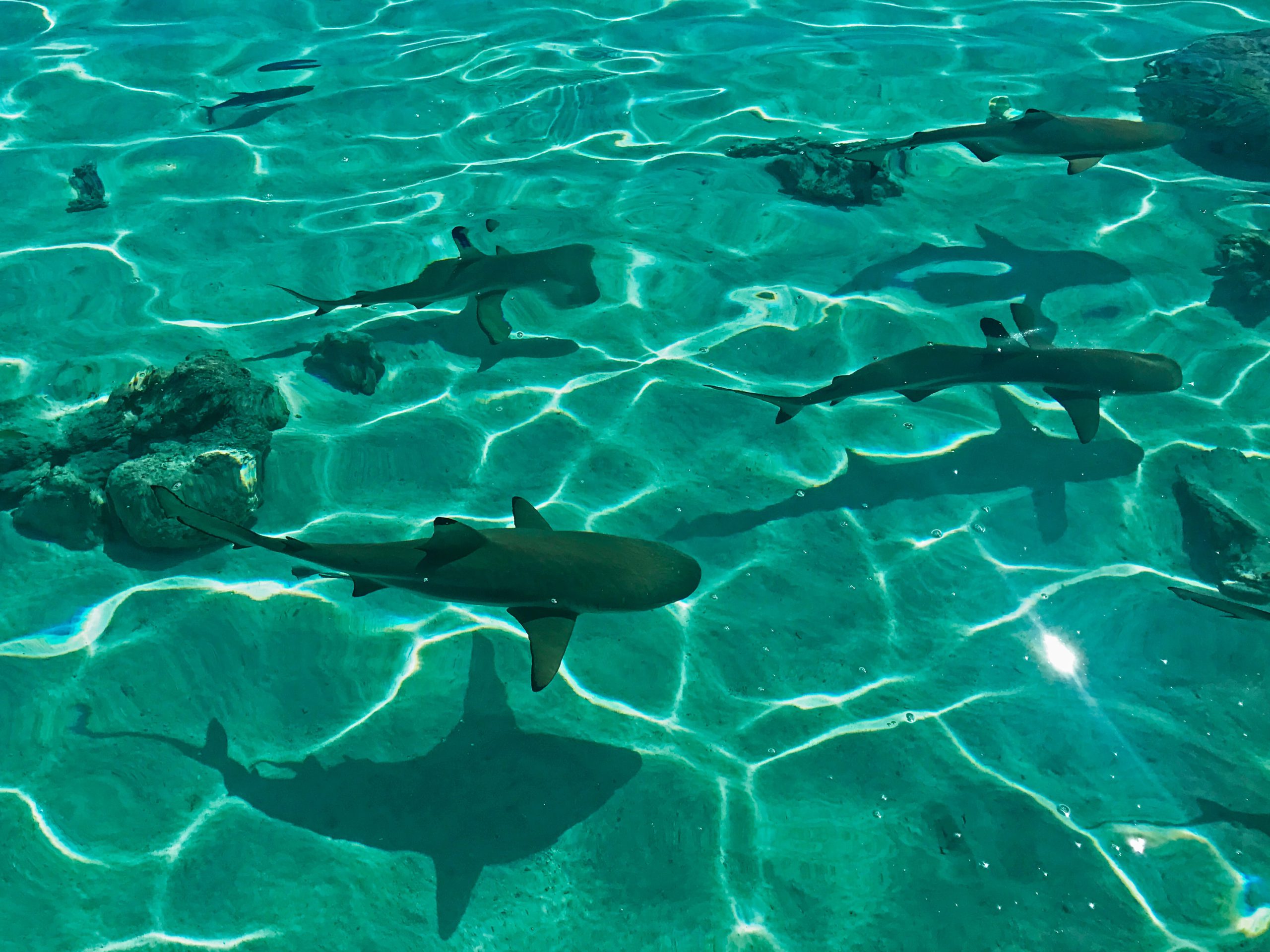COVID-19 has made life difficult for humans all around the globe. But who would have expected that this pernicious pandemic would severely affect the shark population as well?
Yes, you read that right — sharks. And not just one or two, approximately 500,000 according to expert estimates. But how can this be so?
All vaccines contain something known as an adjuvant. The adjuvant’s role is to produce a more vigorous immune response. It also aids in minimizing the vaccine amount needed for each patient, which would prove worthwhile for a vaccine needed to be produced at large.
Squalene oil, a naturally occurring substance in the livers of sharks, is commonly used for vaccines designed to tackle influenza strains. It is already commonly used in existing medicines and cosmetics.
Three million sharks are already killed for this oil every year, according to current estimates. And with the high demand for COVID-19 vaccines looming, the already endangered shark species does not seem to be in for a hopeful future.
A petition with almost 100,000 signatures to date was launched calling for an alternative, more environmentally friendly adjuvant to be used in vaccines, rather than squalene oil from sharks. The petition states that the oil is used because it is the easiest to come by, but not because it is the most effective.
“Sharks are apex predators and thus play an important role in maintaining the overall ocean health and ensuring species diversity. Sharks don’t reproduce in large numbers, so their extinction could lead to a series of chain reactions and affect the ecology negatively.”
For one tonne of squalene to be produced, approximately 3,000 sharks need to be killed. And with a lack of clarity still surrounding the amount of dosing each patient would need, exact numbers are difficult to ascertain, though likely to be very high.
First-year environmental studies student Jui Joglekar shared her concerns for the declining shark population, as well as potential alternatives for the oil found in their liver.
“Sharks are apex predators and thus play an important role in maintaining the overall ocean health and ensuring species diversity. Sharks don’t reproduce in large numbers, so their extinction could lead to a series of chain reactions and affect the ecology negatively.
“Sharks also play an important role in regulating the oxygen level in the ocean. These are just a few reasons of many, but enough to look for alternative solutions. Squalene can be extracted from other sources such as olives, sugar cane, yeast, bacteria and algae. They all take more time and are more expensive, but are equally effective and less toxic,” says Joglekar.
Swar Shah, former York student and current first-year medical student at the Royal College of Surgeons in Ireland, also imparted his opinion on the situation, emphasizing that though the vaccines may have their drawbacks in terms of the environment, human lives do come first.
“The recent news on using squalene for a COVID vaccine rightly has many people concerned about the use of shark livers to obtain the compound. I believe that the initial goal should be the development of the vaccine at all costs, as human lives should be the most valued.
“However, if it is synthetically possible to use non-shark squalene, those options should be explored in the most economically feasible way.”




